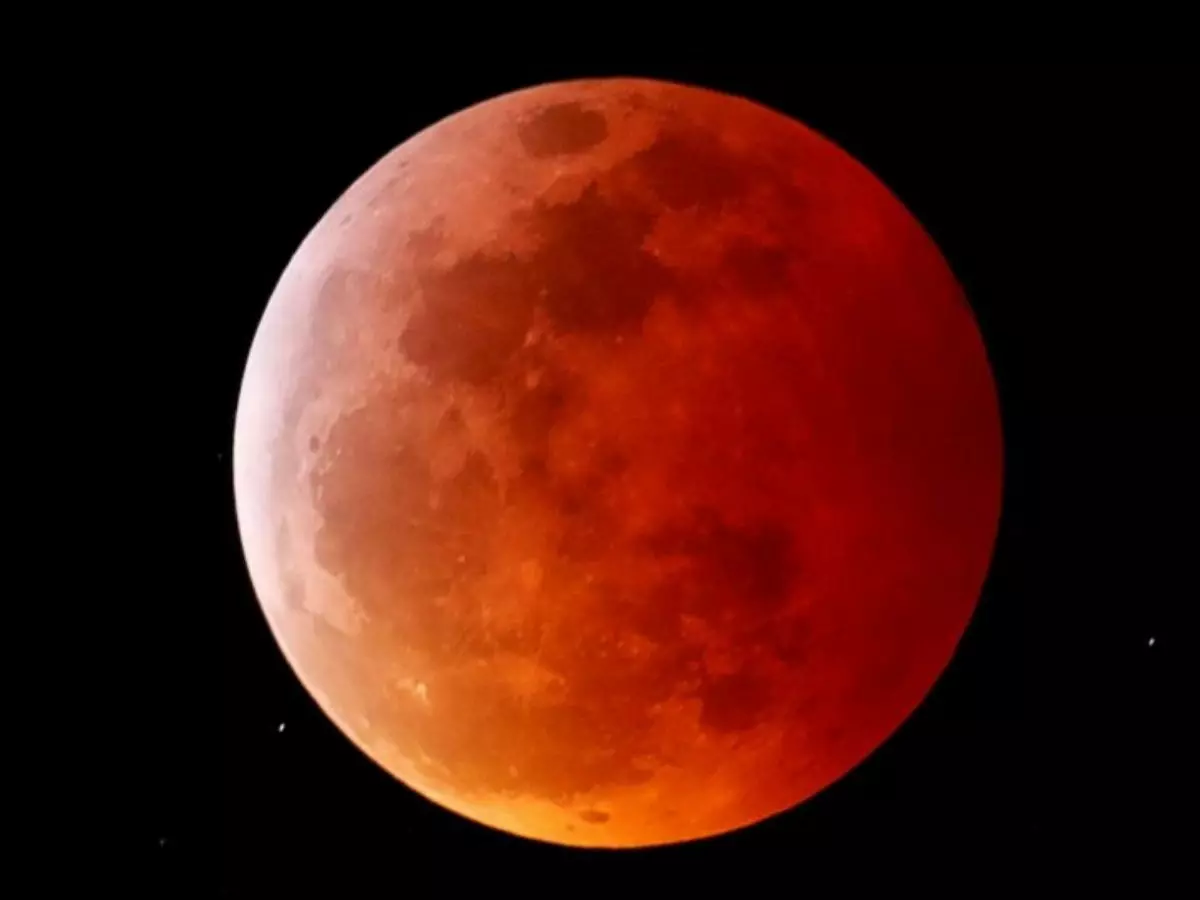Super Blood Moon Lunar Eclipse: Full Moon Could Worsen Cyclone Yaas Impact, Says IMD
Full Moon & Lunar Eclipse To Worsen Impact Of Cyclone Yaas, Says IMD Chief

Cyclone Yaas has made landfall today at around 10:30 AM on Wednesday, and according to the Indian Meteorological Department, the full-moon perigean that our world is currently experiencing could also result in increased damage.
 AP
AP
Also Read: Moon Disappeared For Months In 1110: Scientists May Have Solved This 910-Year-Old Mystery
This is according to Sanib Banerjee, deputy director of IMD Kolkata in a conversation with the Hindustan Times. He says that the damage would be mostly seen in the coastal districts of East Midnapore and South 24 Parganas.
IMD deputy director explained that due to the full-moon perigee, it would result in the rise of sea level by at least a metre -- a phenomenon that's known as spring tide and is seen during the full moon. This rise is over the normal high tide that the sea would witness on a daily basis.
What are spring tides?
When the moon aligns with the perigee and is at the closest point in the Earth's orbit, we witness the supermoon where the Moon appears quite larger than it normally does.
However, during this time, the gravitational pull of the Moon is also the strongest, this causes the tides to rise much higher and much lower than normal. This phenomenon is known as a spring tide.
The IMD deputy warned that the storm surge caused by the cyclone in East Midnapore district would be two to four metres whereas in South 24 Parganas it would be around one to two metres. This is over and above the spring tide.
Also Read: 10 Years Of Moon Pics: NASA Explains Why Moon Shines In Red, Blue And Even Purple
Super Blood Moon Lunar Eclipse Timing in India
What also makes this supermoon special is the lunar eclipse that the world is experiencing today, putting quite a show for avid skywatchers.
 Reuters
Reuters
Also Read: Earth Will Have A Second Moon From October To May, Completely Human Made
The eclipse is expected to commence today, at 2:17 PM (Indian Standard Time) and will last about five hours.
For people who are only concerned about the total phase of the eclipse, that'll commence at 4:55 PM (Indian Standard Time).
